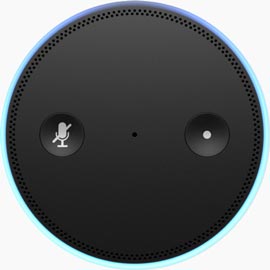
#32 - Concussion Education for Patients
When talking to patients about concussion, it’s important they understand the basics. This includes educating them about their injury, the causes, and symptoms to look out for.
Start by explaining a concussion is the most common traumatic brain injury caused by a force, blow, or trauma to the head. It can cause short-term changes to the mental status that affects coordination, balance, and even changes in personality right away. Since this is a newer research field, the definition changes as more information becomes available.
Common causes of head injuries
If a patient asks about the most common causes, they may be surprised to find out contact sports like football and hockey are not the only way concussions can be sustained. In fact, according to the CDC, falls are the number one cause with car accidents coming in second. This puts anyone, not just athletes, at risk for concussion.
Concussion prevention
When it comes to prevention, there is no specific method or equipment that will entirely protect an individual from getting a concussion. While helmets are vital in keeping the skull safe from fractures and more serious injuries, concussion education is the best prevention you can offer. Teaching patients the concussion risks and signs as well as the importance of baseline testing is valuable information you can share.
Concussion symptoms
Because every concussion is different, spend a good amount of time informing your patients about the symptoms. This will help you in making treatment decisions when patients have to report how they are feeling. Here are signs you may recognize in a patient who has sustained a head injury:
- Problems with concentration/memory
- Sensitivity to light and noise
- Dizziness or lightheadedness
- Double or foggy vision
- Headaches
- Nausea
These concussion symptoms might not manifest right away and can appear weeks or even months later. This makes it necessary for you to know and monitor your patients. Changes in behavior are more difficult to measure but something to be aware of as well.
Post-concussion syndrome
While most concussions heal within three to four weeks, 20% of patients experience lingering symptoms sometimes years after the initial injury. If your patient continues to report sensitivity to light, increased tiredness, or headaches, continue exploring the issue while helping them manage their symptoms.
For more information to share with your patients download our Concussion 101 Guide at baselinetesting.com.
OTHER FLASH BRIEFINGS YOU MIGHT FIND HELPFUL:

